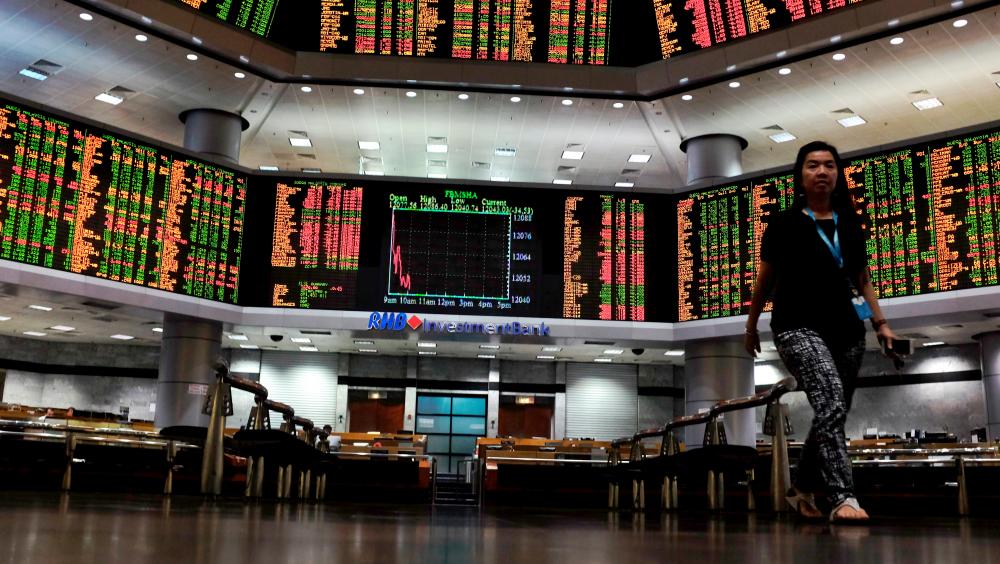PETALING JAYA: Veteran economist Tan Sri Ramon Navaratnam disagrees with the view that Malaysia will not be affected by the global recession as expressed by the finance minister and Bursa Malaysia chairman.
He said while Malaysia might not be severely affected by it due to its diversified economy, the nation still has weaknesses that will show up if the global economy slows down further, which he believes will happen.
“In an open economy and with globalisation, we cannot be isolated from any recession around us. We will feel the impact but not as severely as others. We have to be prepared in our Budget to face an (economic) slowdown,” he told theSun.
Ramon cautioned that Malaysia must go all out to combat wastage, which also includes corruption.
He suggested that the government make adjustments to the New Economic Policy to face the challenges posed by the outside world and not take a protectionist stance while being more competitive internally and externally.
He added that with low incomes and the possibility of unemployment rising, not much can be done by individuals other than to rely on the government even more.
“They cannot get new jobs, or better jobs, and their productivity cannot improve overnight. There will be inflation that will require the people to tighten their belts further,” he said.
Ramon was commenting on Finance Minister Datuk Seri Tengku Zafrul Tengku Abdul Aziz’s recent statement on the US interest rate increase impacting the rest of the world, the ringgit trading at very low levels against the US dollar and claims by some that the government had failed to manage the economy.
Tengku Zafrul said each country had its own challenges and monetary policies, and the value of a country’s currency is not the sole yardstick to determine whether it is in crisis or otherwise.
“The true definition of an economic crisis is when the GDP declines sharply, unemployment and bankruptcy rates increase significantly, and the overall standard of living of the population is affected,” he said.
He added that Malaysia’s situation today was different compared with the 1998, 2009 and even 2020 economic downtrends.
“What started as global inflationary pressures have now caused uncertainty in financial markets around the world. The impact includes reduced access to funds as well as increased financing rates, which will further affect the economy,” he said.
Tengku Zafrul noted that the country’s financial system and stock market continue to function well and in an orderly manner.
“Business activities also continue to have access to financing from banking institutions and the capital market. The stock market continues to show a net inflow of RM6.7 billion from foreign investors and RM2.3 billion from retail investors.”
Meanwhile, Bursa Malaysia chairman Tan Sri Abdul Wahid Omar said Malaysia is unlikely to enter a recession despite high inflationary pressures worldwide, forcing central banks to tighten monetary policy to curb inflation.
Abdul Wahid said Malaysia’s resilience is due to the strength and stability of its financial system and banks being well capitalised, better managed and effectively regulated and supervised by Bank Negara Malaysia, contributing to the country’s economic resilience.
He said the financial system is complemented by well-functioning debt and equity capital markets totalling RM3.5 trillion as of Dec 31, 2021, which were made up of RM1.7 trillion in the debt capital market and RM1.8 trillion in the equity capital market.
Malaysia is also home to the world’s leading Islamic capital markets totalling RM2.3 trillion, which represents almost two-thirds of the total capital market.














